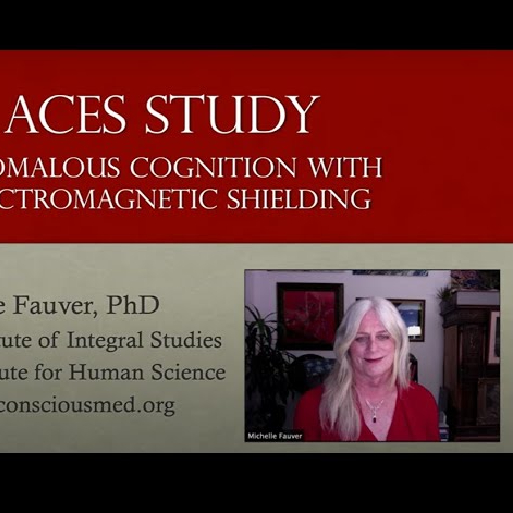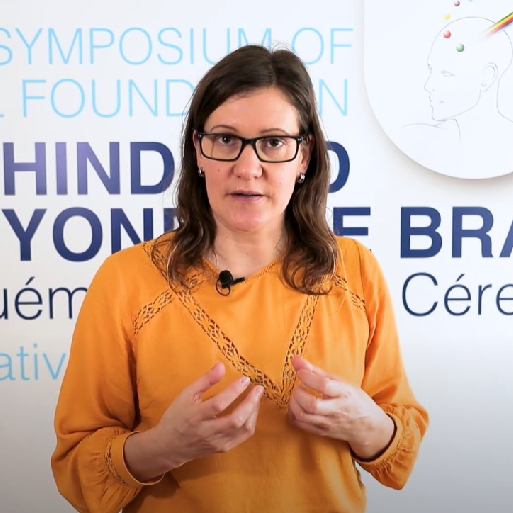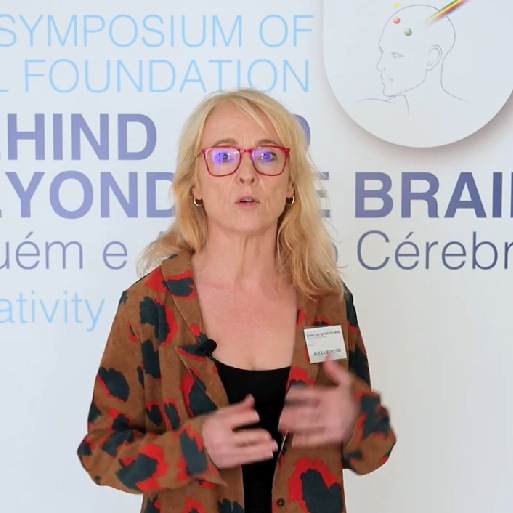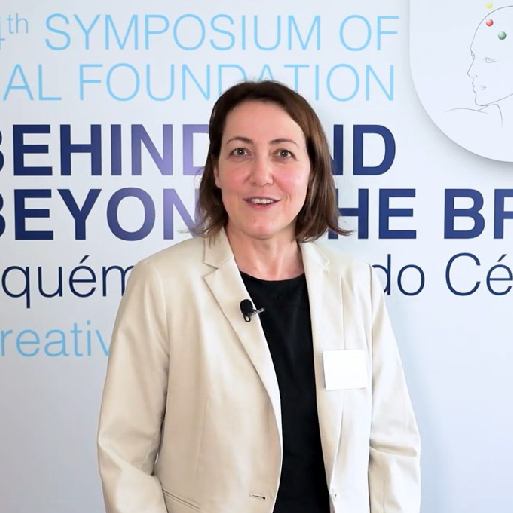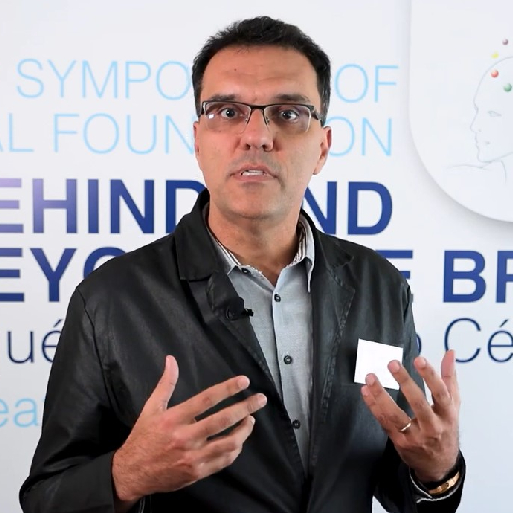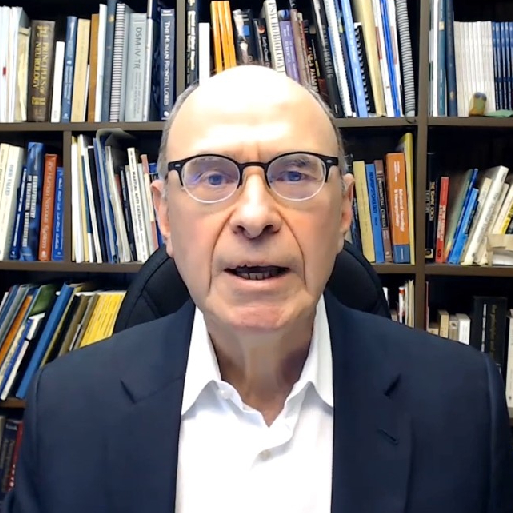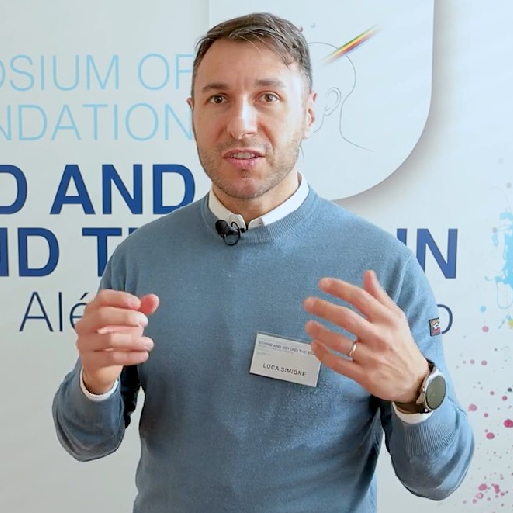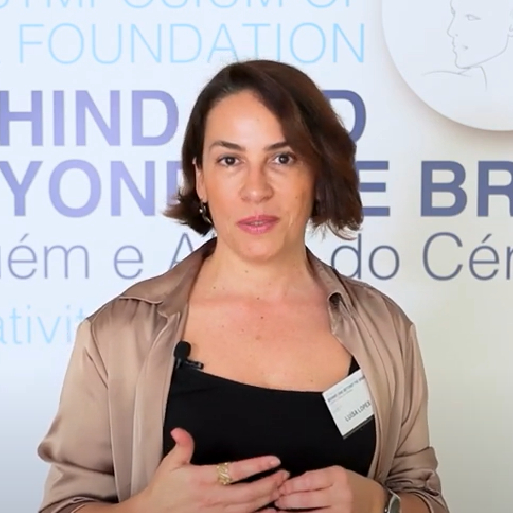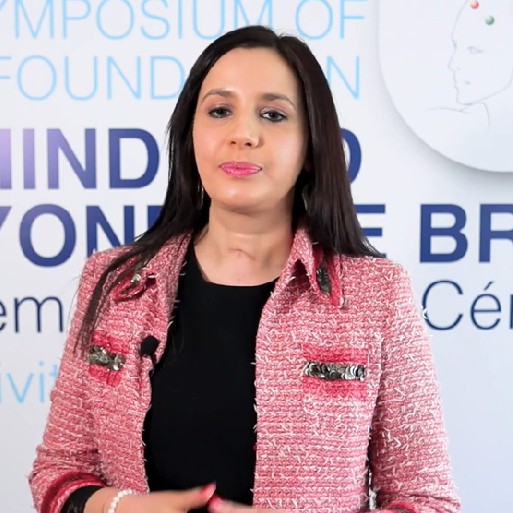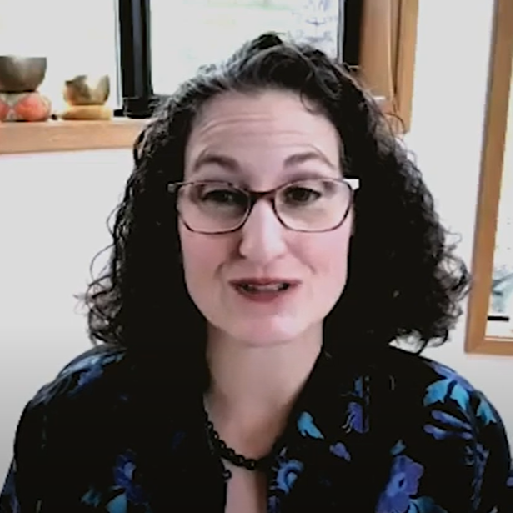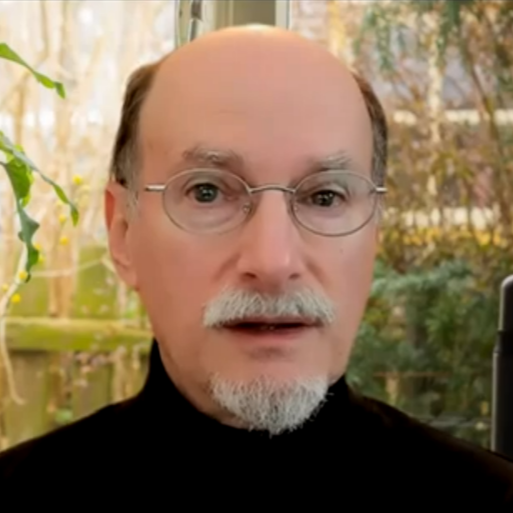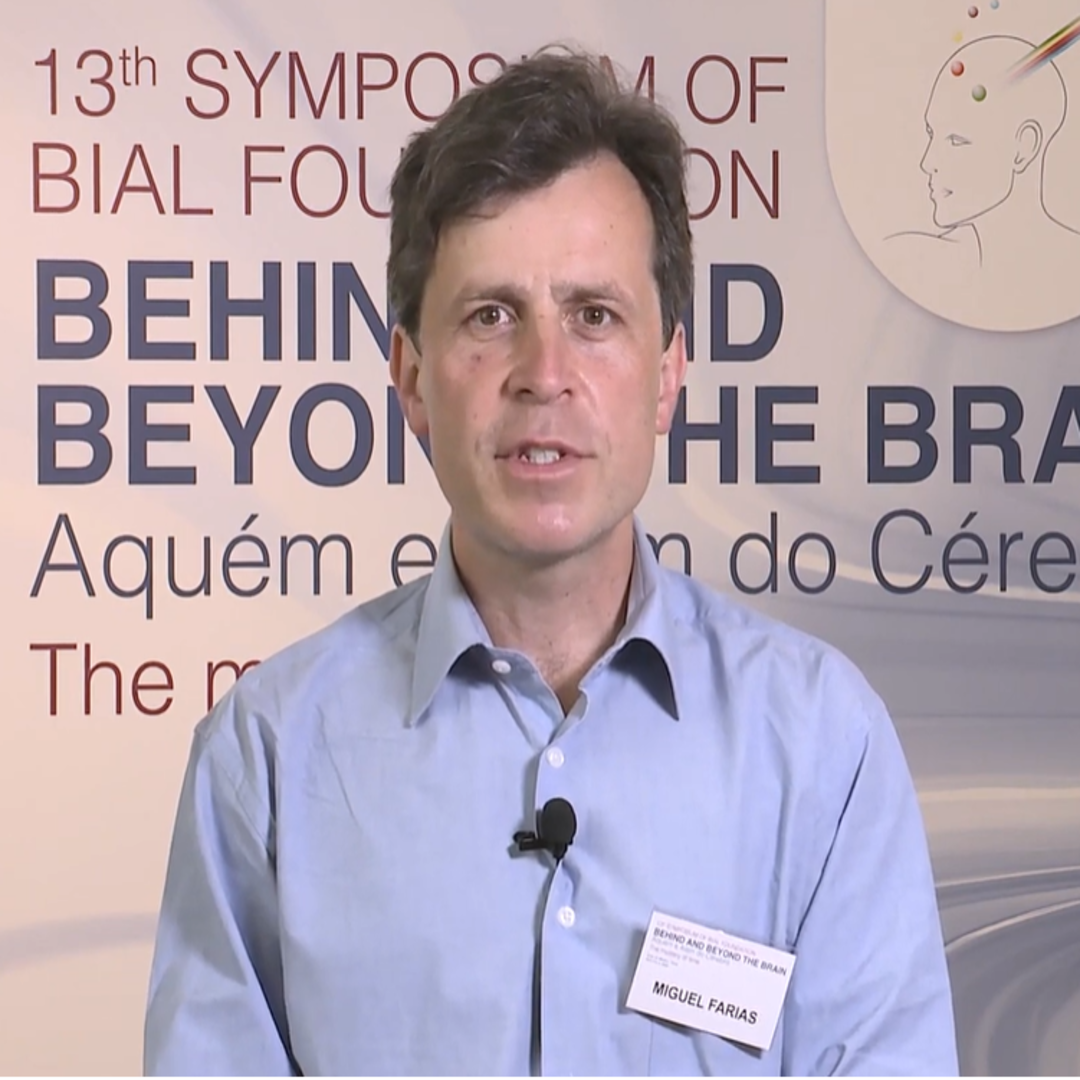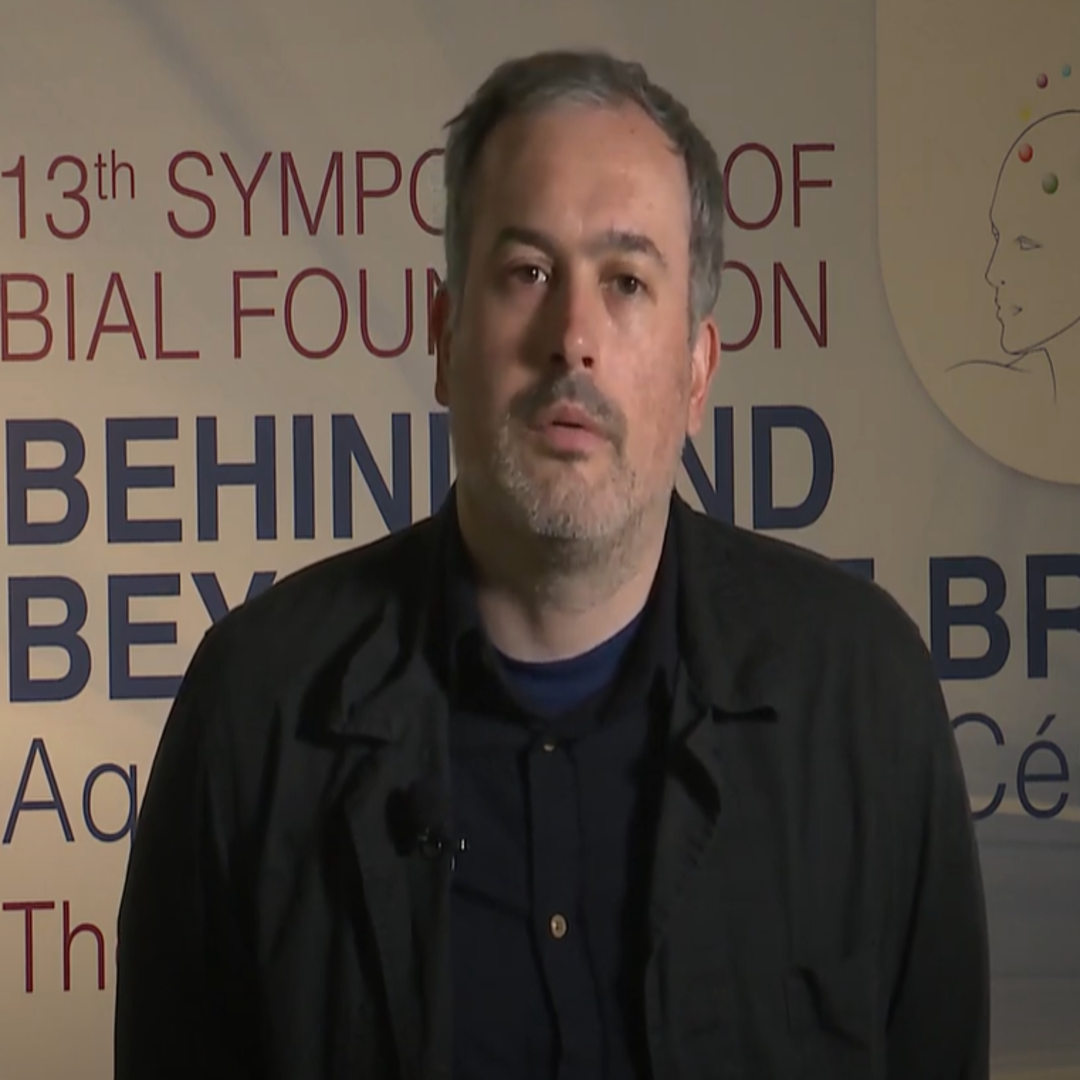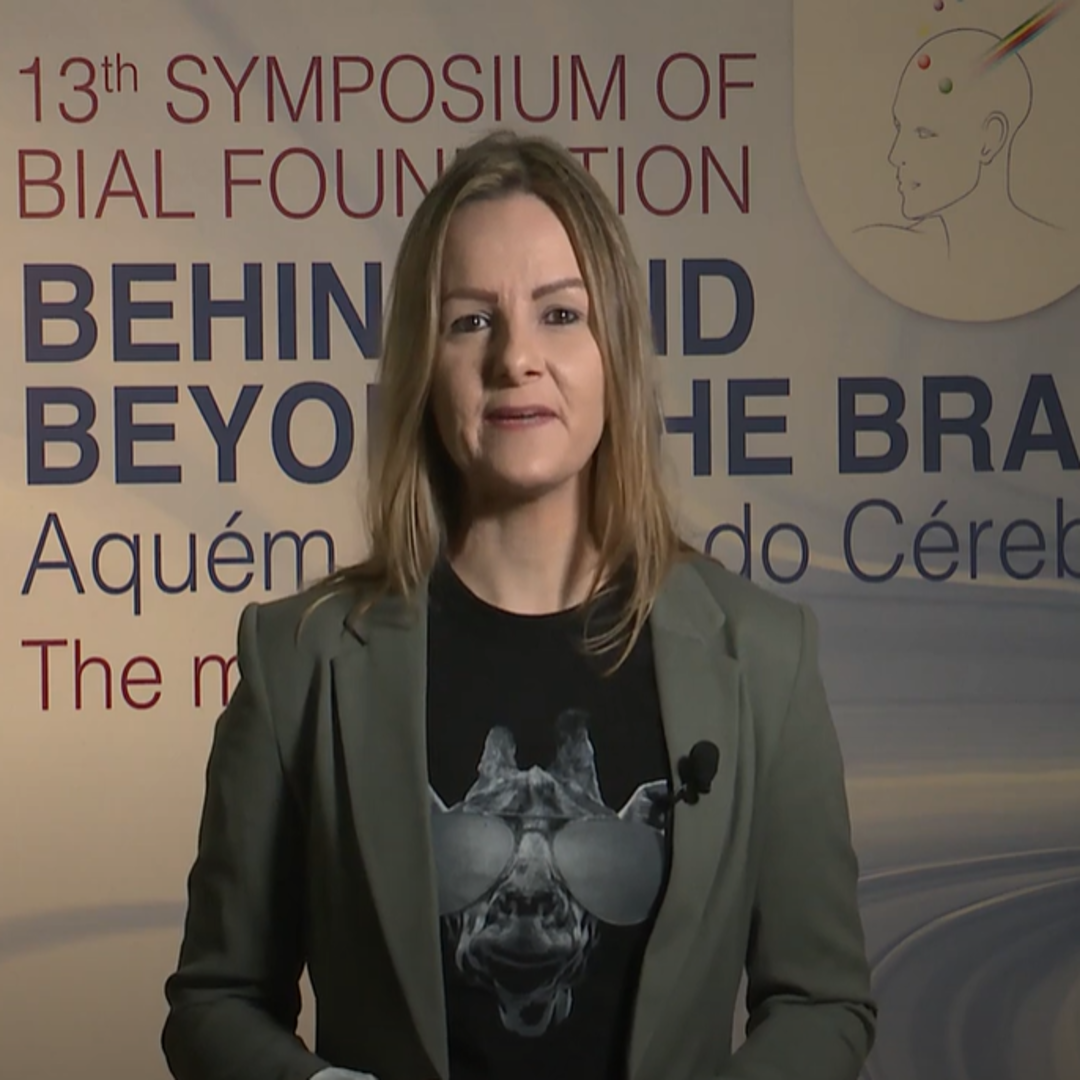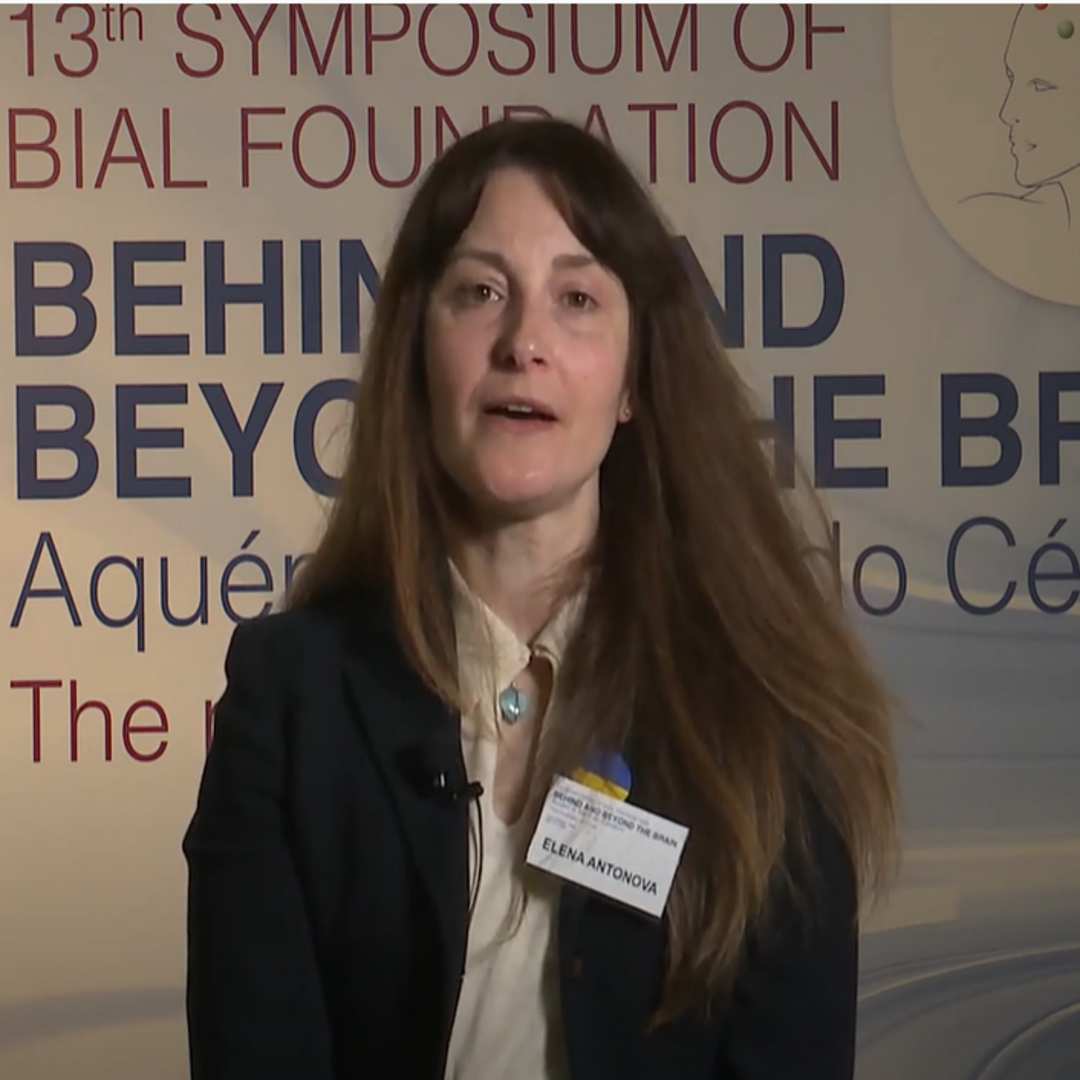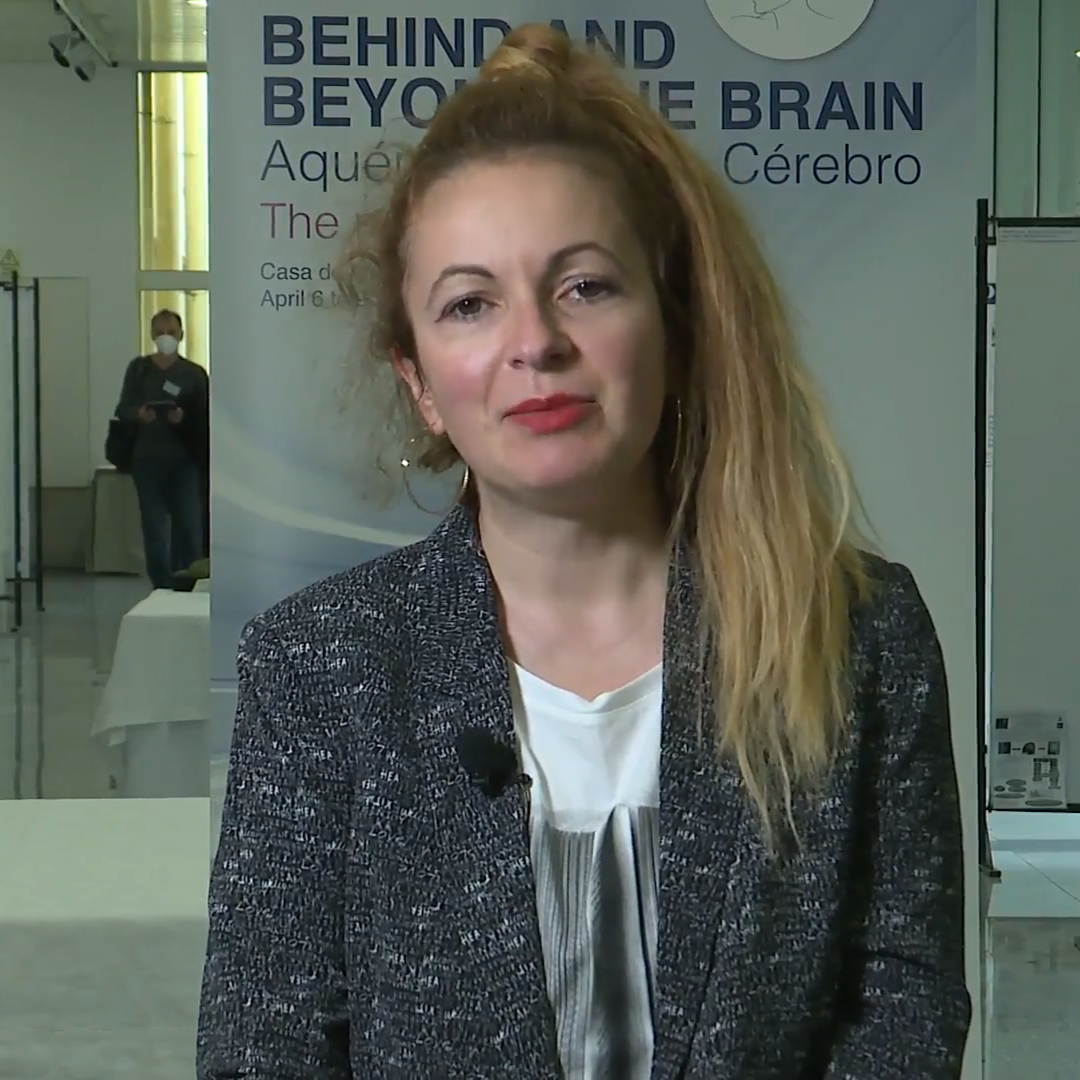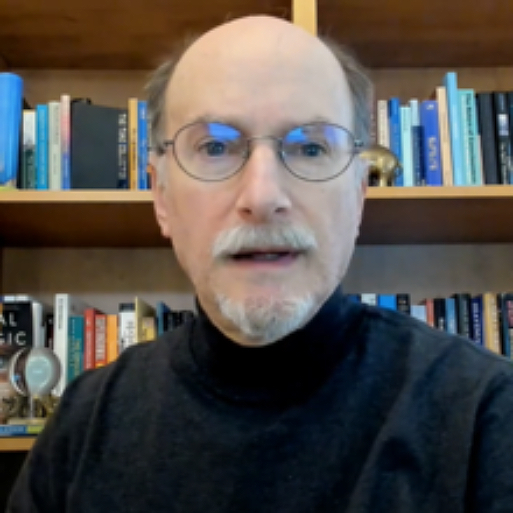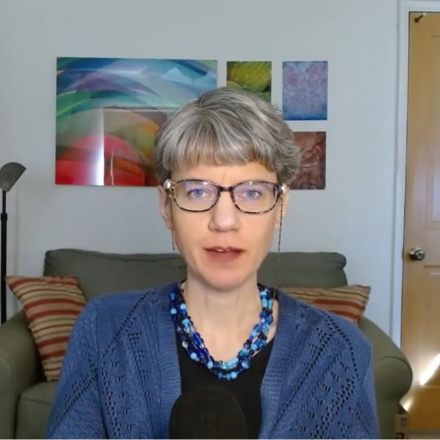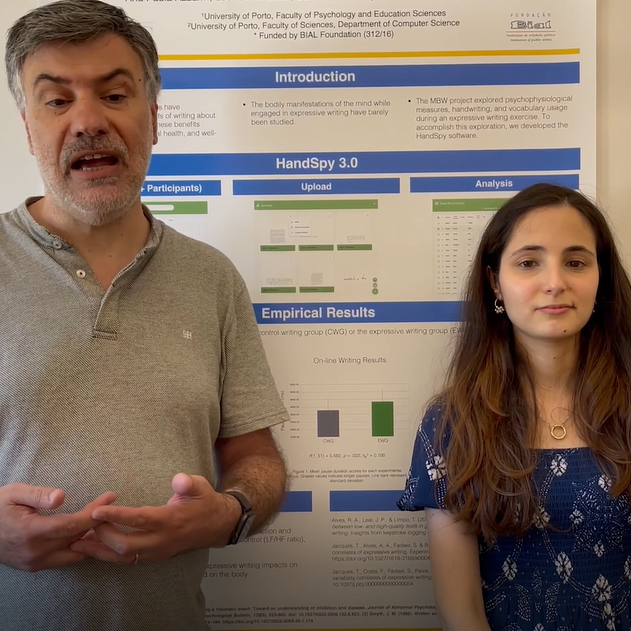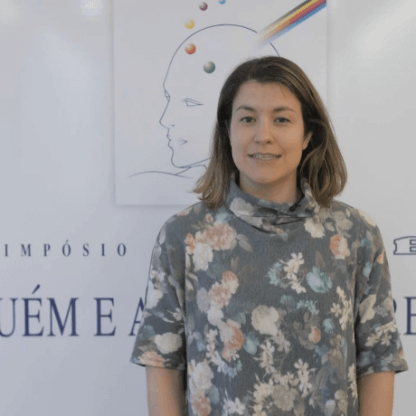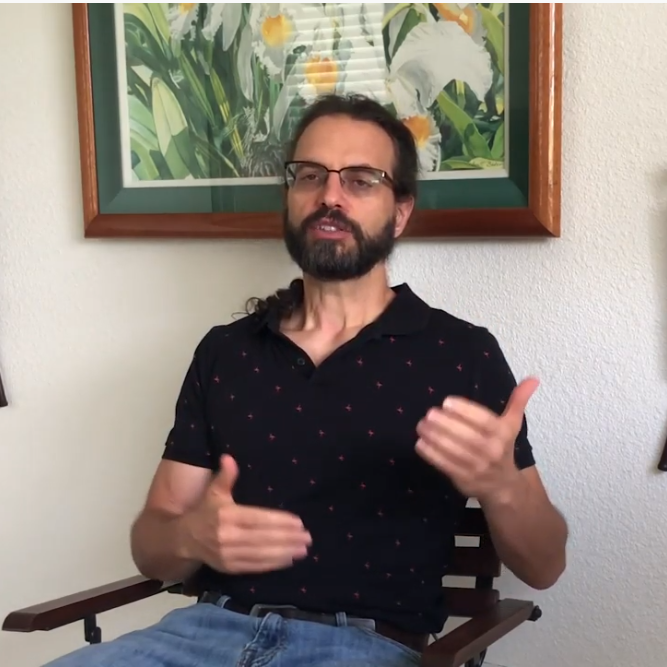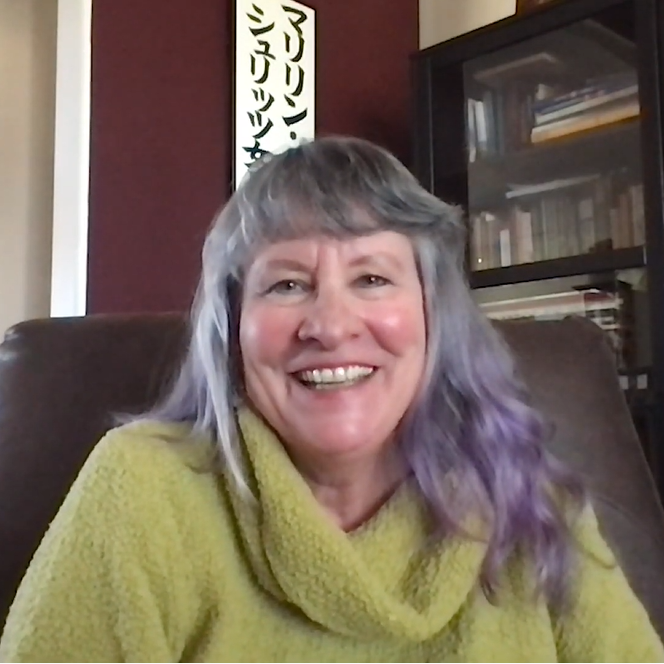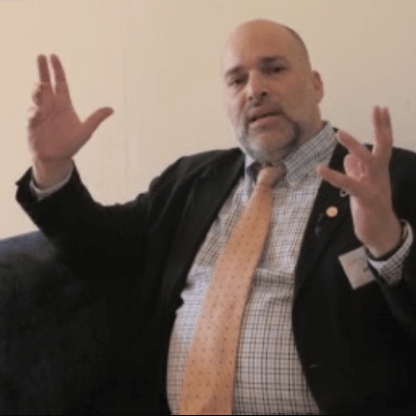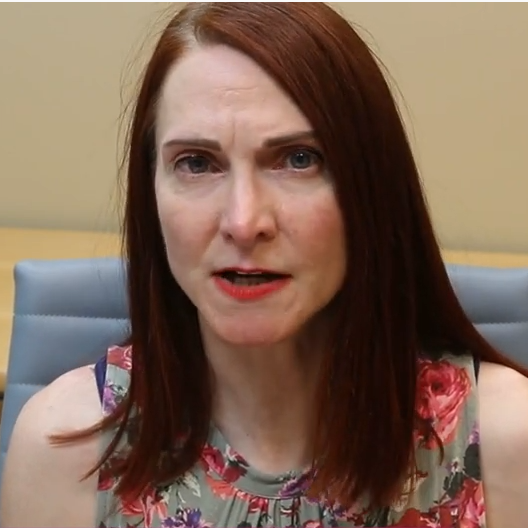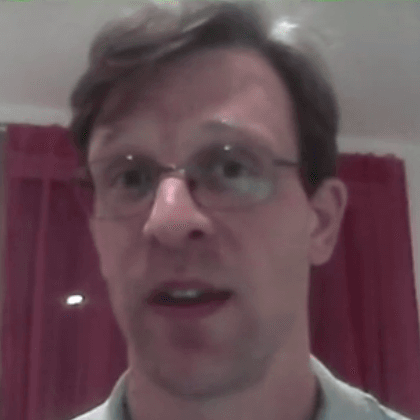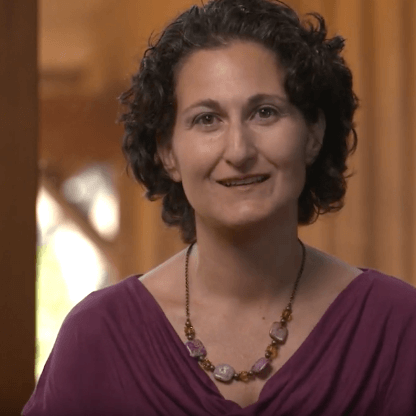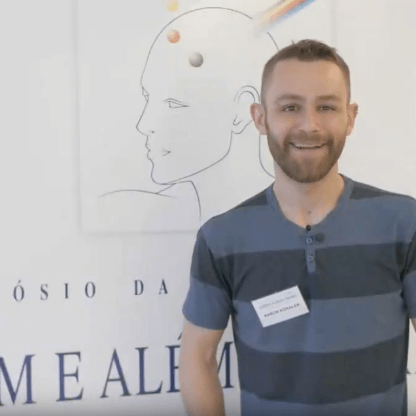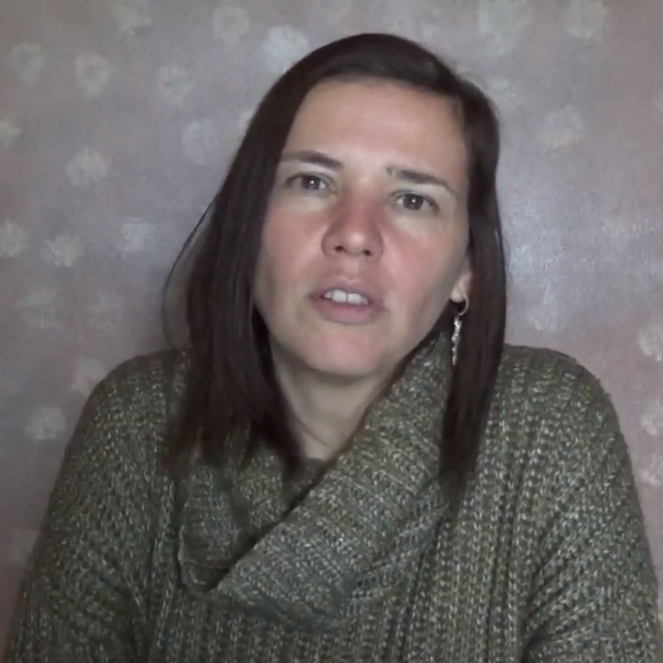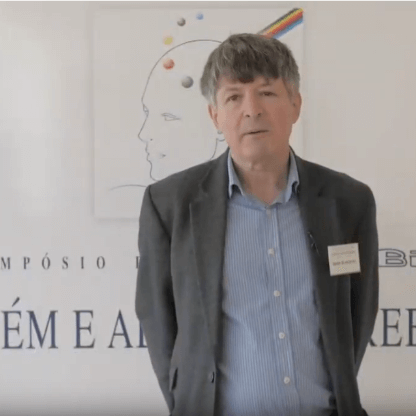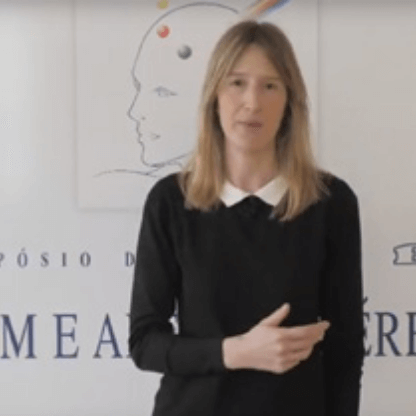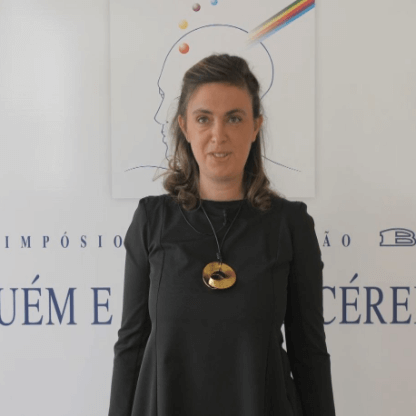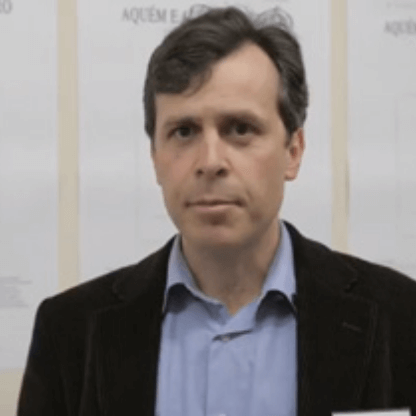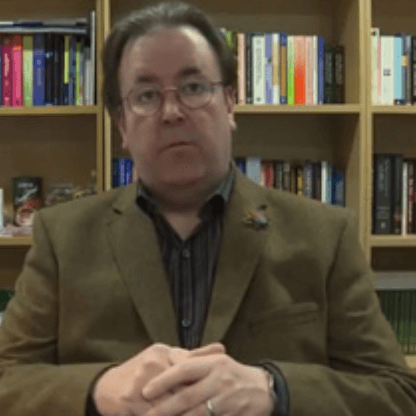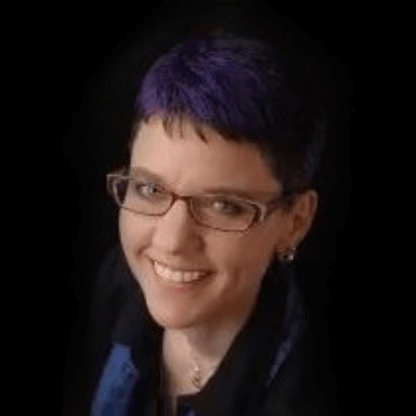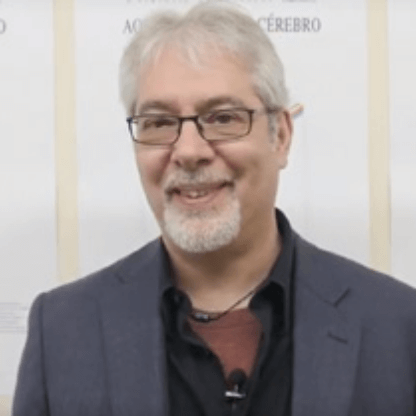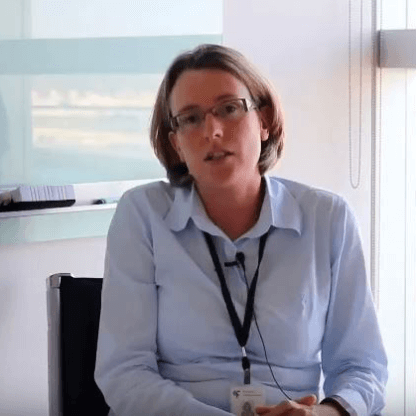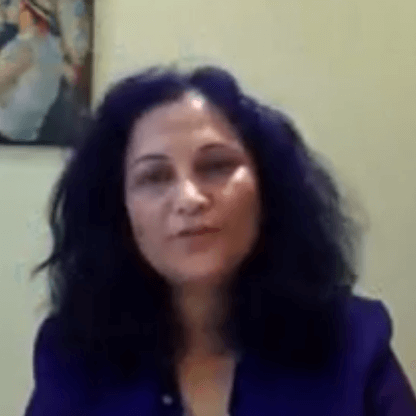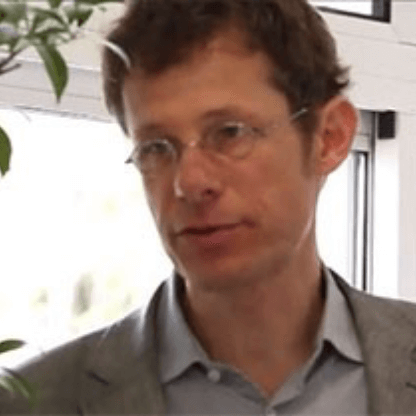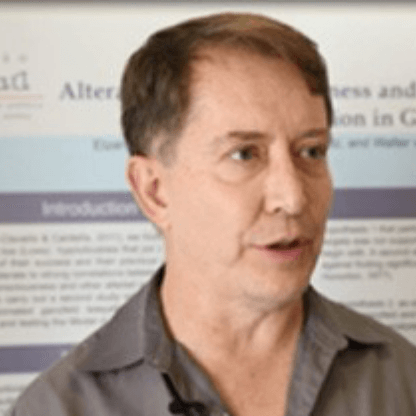Grants
Grants programme for scientific research
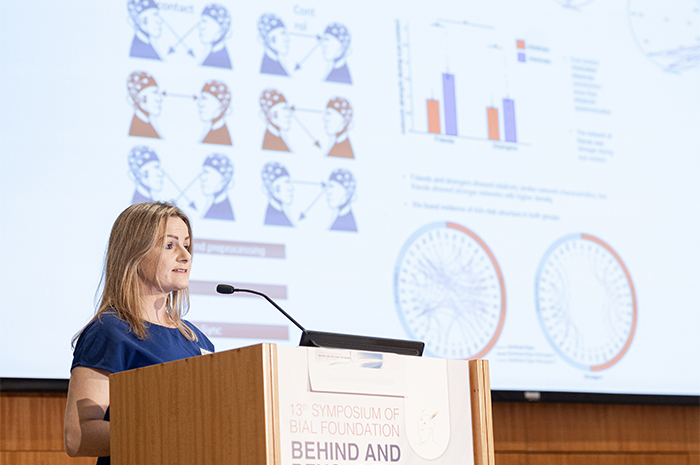
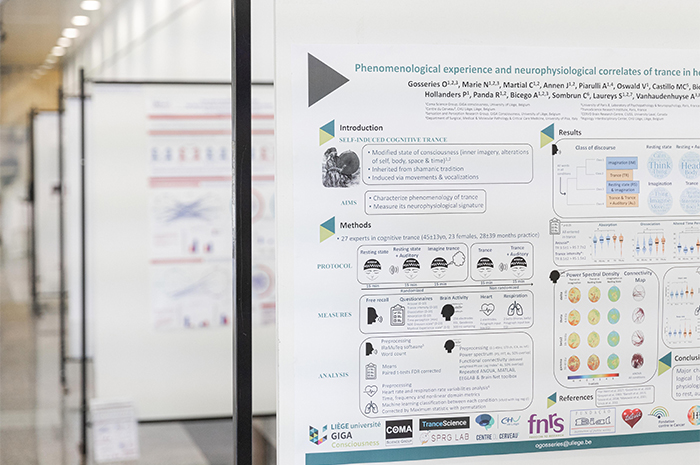
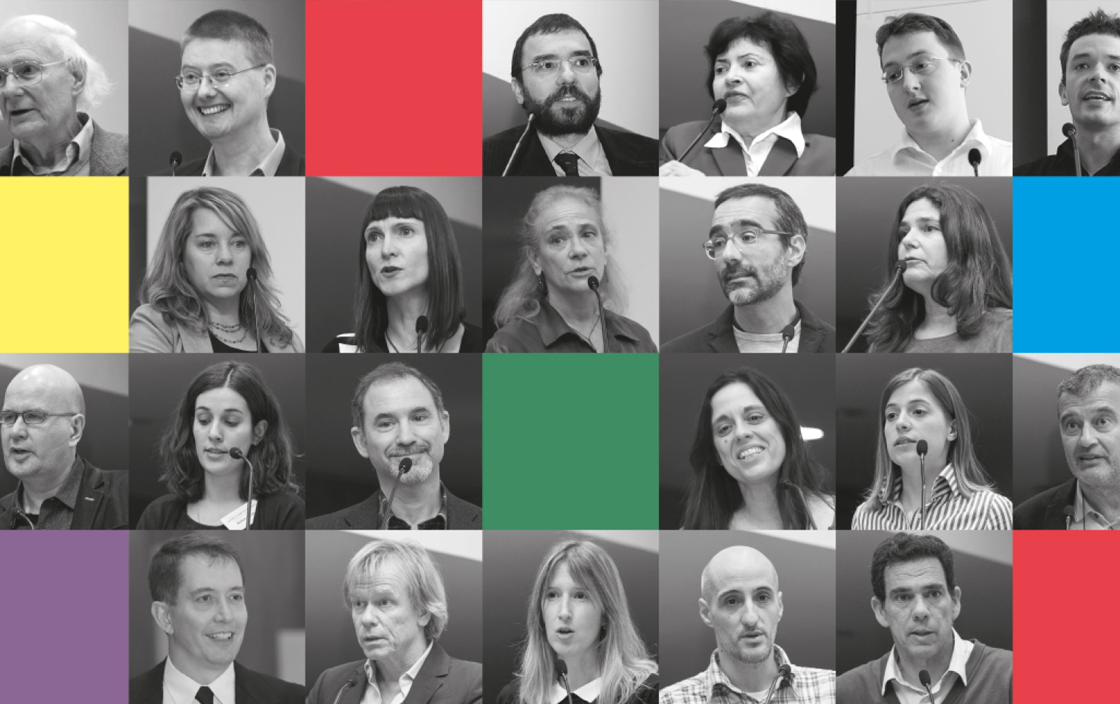
GRANTS
In 1994 the BIAL Foundation launched a Grants programme for scientific research with the aim of encouraging the research into healthy human being’s physical and mental processes, namely in fields still largely unexplored but which warrant further scientific analysis, as Psychophysiology and Parapsychology.In total, in the 16 editions already held, the Foundation has approved for funding 946 projects, involving around 1900 researchers from 31 countries.
The approved applications will benefit from grants up to a maximum amount of €60,000. The amount to be granted is fixed by the Scientific Board according to the needs of each project.
Among the researchers supported by the BIAL Foundation, is worth highlighting the presence of scientists from prestigious universities from Europe, United States, Australia, Russia, and Japan, among others.
Grants Management System
Since 2014, the BIAL Foundation Grants Management System (BF-GMS) has been the system used for the full management of applications and supported projects.
You can register to BF-GMS, by using the link below, complete your profile, create and submit a new application - when a new Grants programme is available - as well as manage supported projects, e.g. submit scientific and financial progress/final reports.
We remind you that you can only register once in the BF-GMS. If you have lost and forgotten your login credentials please use the automated recovery tool.
If you still have any doubts, please contact info@bialfoundation.com or +351 229 866 150.
BIAL Foundation Grants Management System (BF-GMS)
At the moment, it is not possible to create an account in the BF-GMS, since the Grants Programme for Scientific Research is not open to applications.
Testimonials about some Supported Projects


Corinna Haenschel
Can the time needed to process visual information following a saccade be used to predict variations in neural measures of working memory and well-being?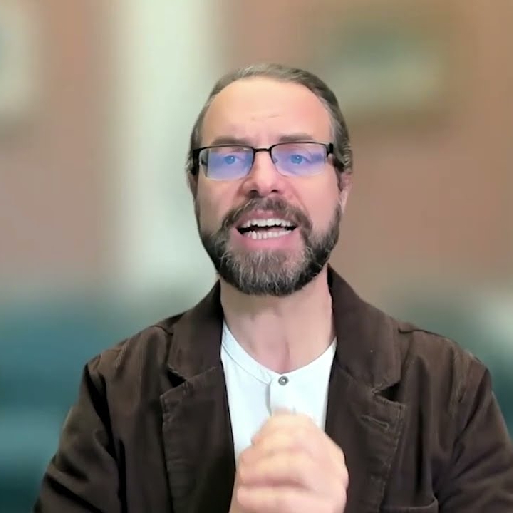

Arnaud Delorme
Large scale online testing of psi abilities to identify and test talented individuals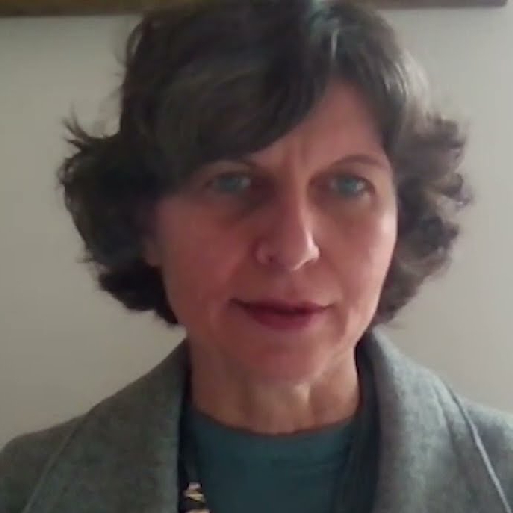

Samantha Galluzzi
Effect of mindfulness on EEG brain activity for cognitive and psychological well-being in the elderly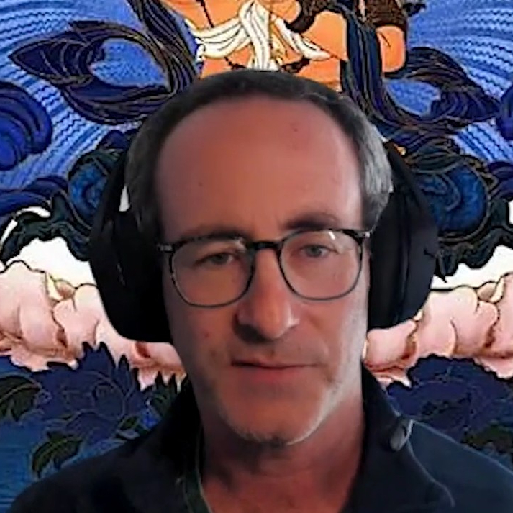

Yair Dor-Ziderman
Meditation-induced neuroplasticity of the embodied-self and its role in social processing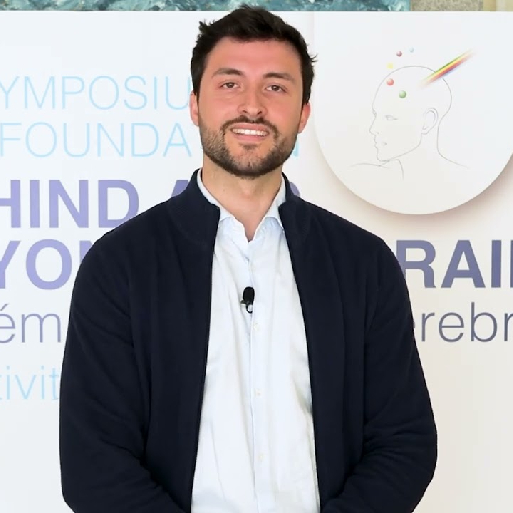

Ugo Giulio Pesci
Beyond your own body: Extending the bodily self to the neuroaesthetics of interactions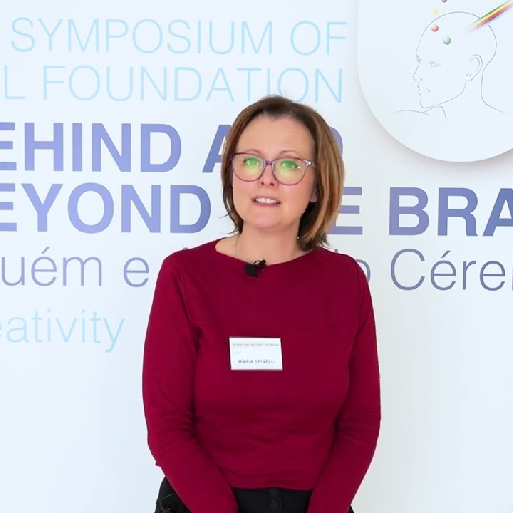

Maria Spinelli
From inner to dyadic connection: The effect of mindfulness intervention on mother-infant bio-behavioural synchrony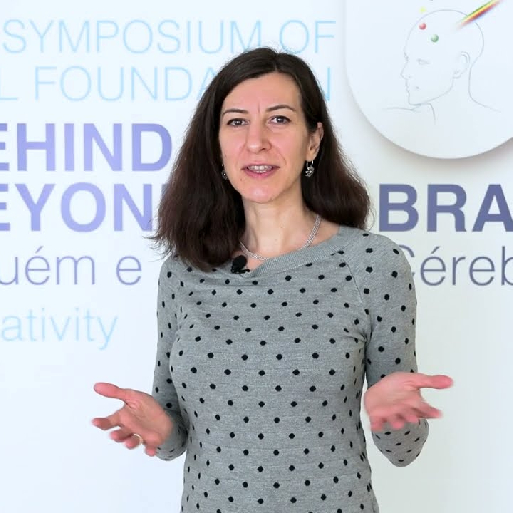

Marieta Pehlivanova
Comparing cognitive styles among parapsychology researchers, psi-believers, and skeptics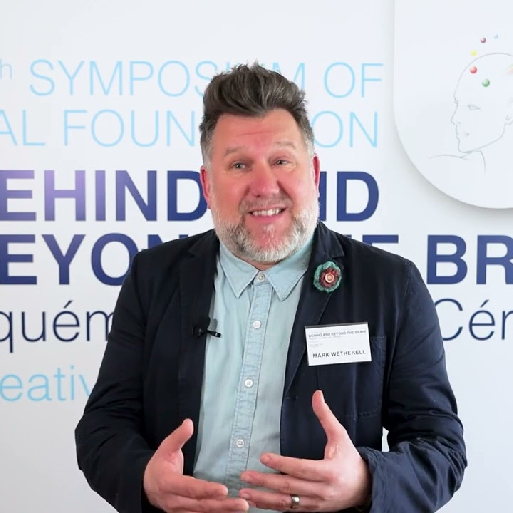

Mark Wetherell
Anticipation and experience of stressful situations and their psychobiological impact on providing pre-hospital emergency medicine care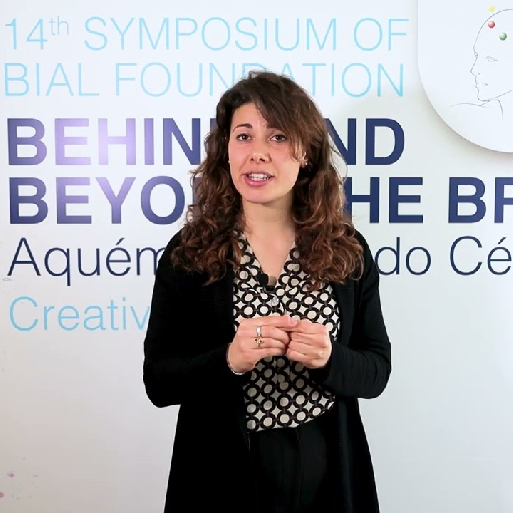

Althea Frisanco
In God's shoes: Embodying the avatar of the supreme moral authority modulates psychophysiological indices of one's own morality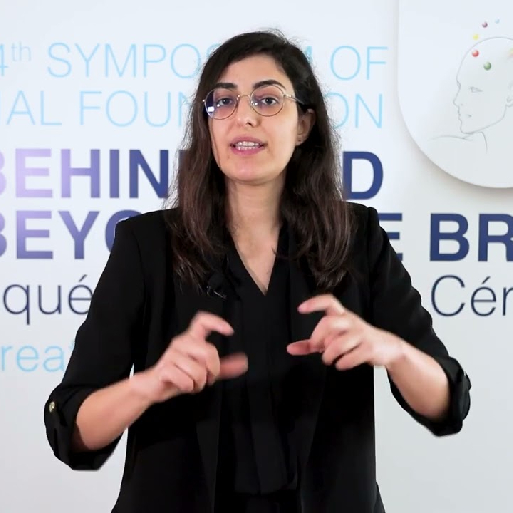

Inês Mares
Investigating the role of expertise in the predictive coding framework combining time resolved neural and behavioural evidence

J. Kim Penberthy
A randomized trial: Extraordinary experiences and performance on psi tasks related to meditation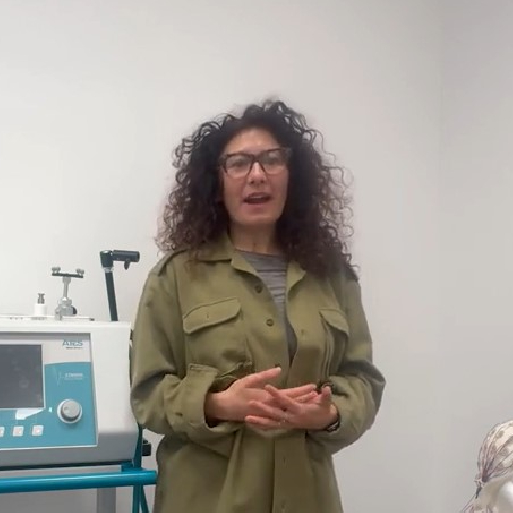

Carlotta Fossataro
How body ownership shapes tactile awareness: inducing phantom sensations and measuring their electrophysiological correlates in immersive virtual reality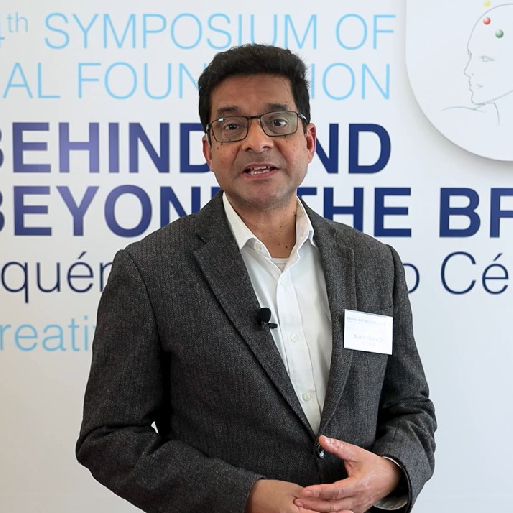

Suvo Mitra
Age-related changes in motor-cognitive dual-tasking: An electrophysiological investigation of interference at the level of sub-task elements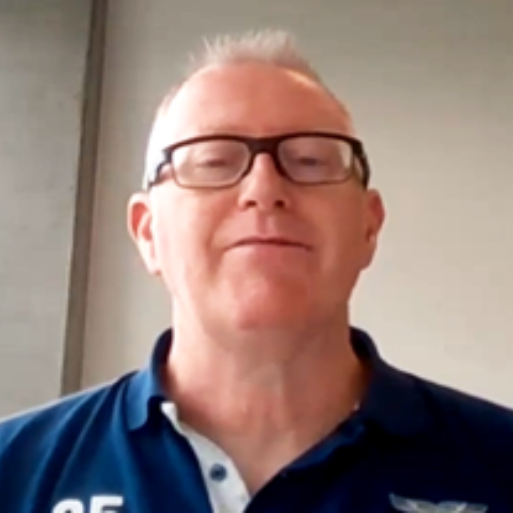

Kenneth Drinkwater
Neuropsychological and cognitive-perceptual characteristics of mediums and psychics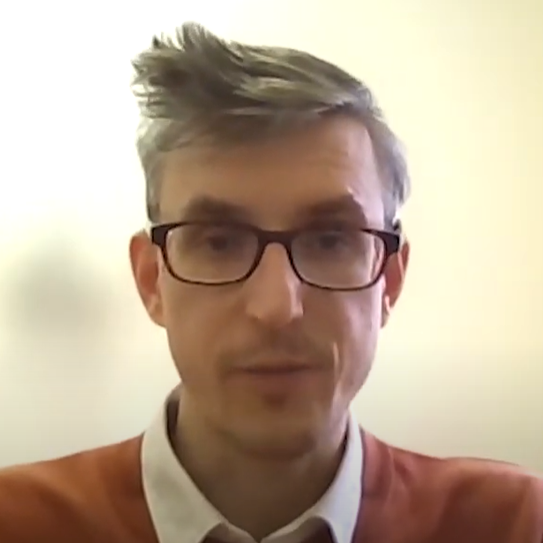

Zoltan Kekecs
A fully transparent pre-registered replication study of precognitive detection of reinforcement using an expert consensus design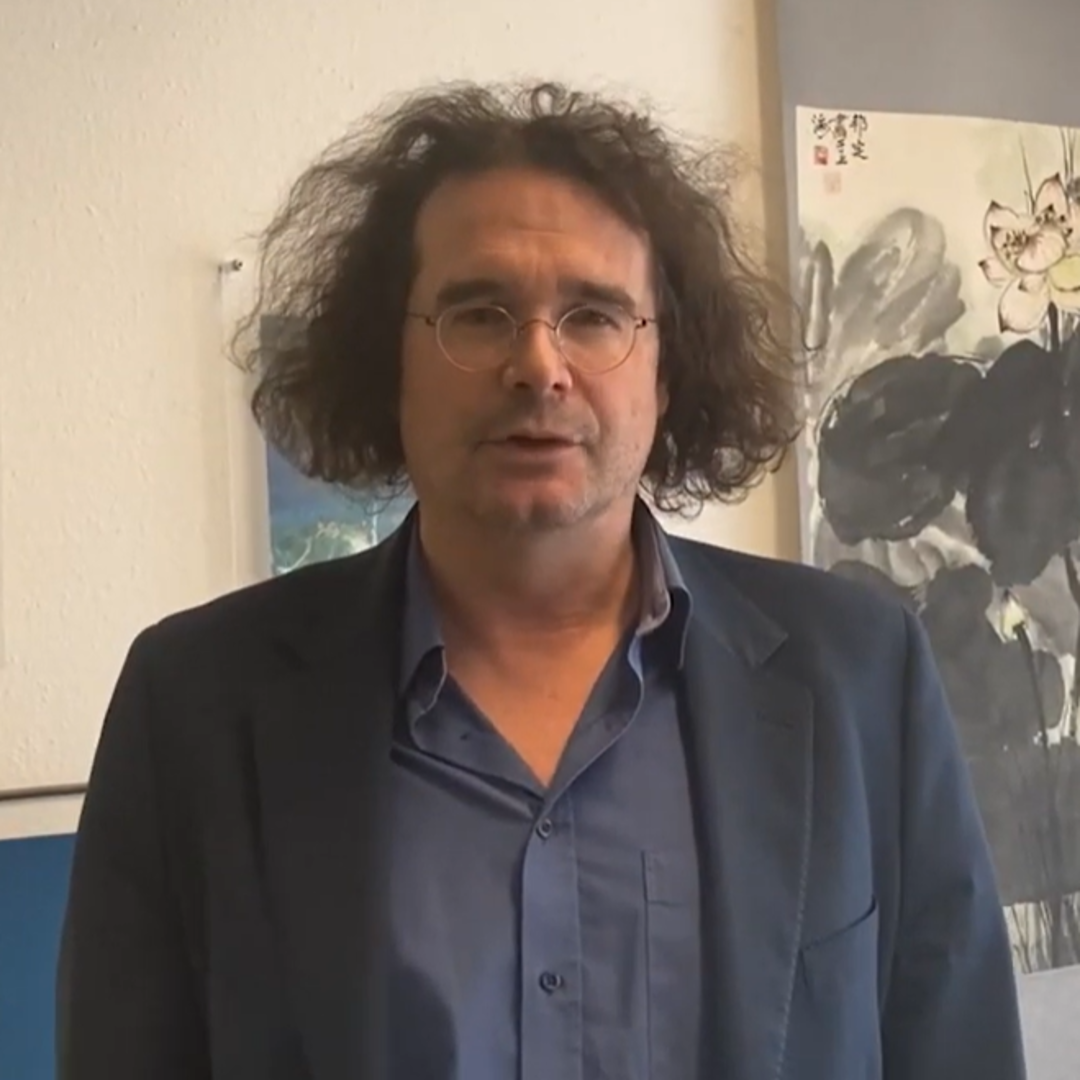

Marc Wittmann & Damisela Linares Gutiérrez
Changes in the temporal width of the present moment after meditation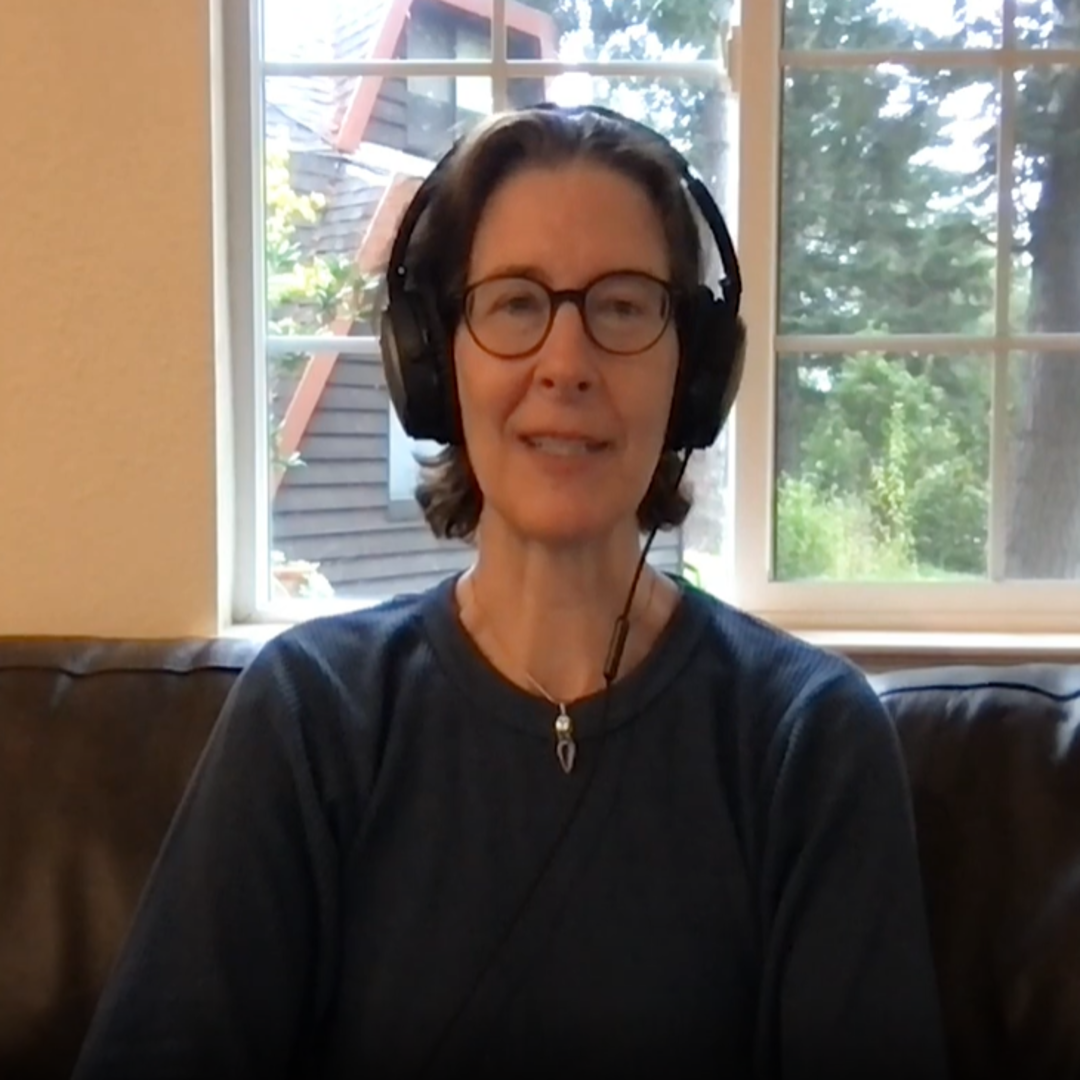


Julia Mossbridge
A trait-and-state analysis of precognitive remote viewing focusing on gender, emotions, and pregnancy status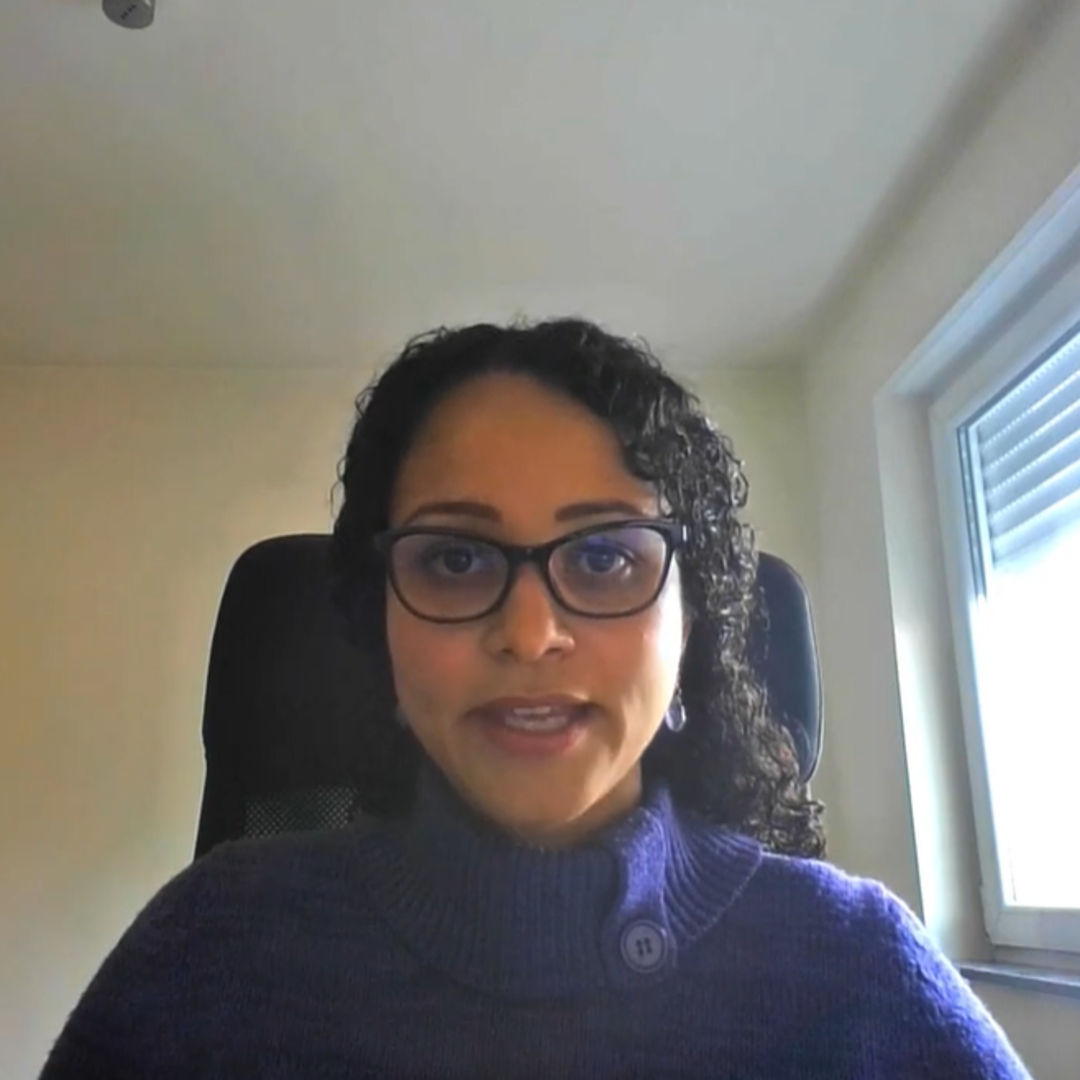

Ana Teixeira Santos
Getting the aging brain to train: A working memory and neurostimulation approach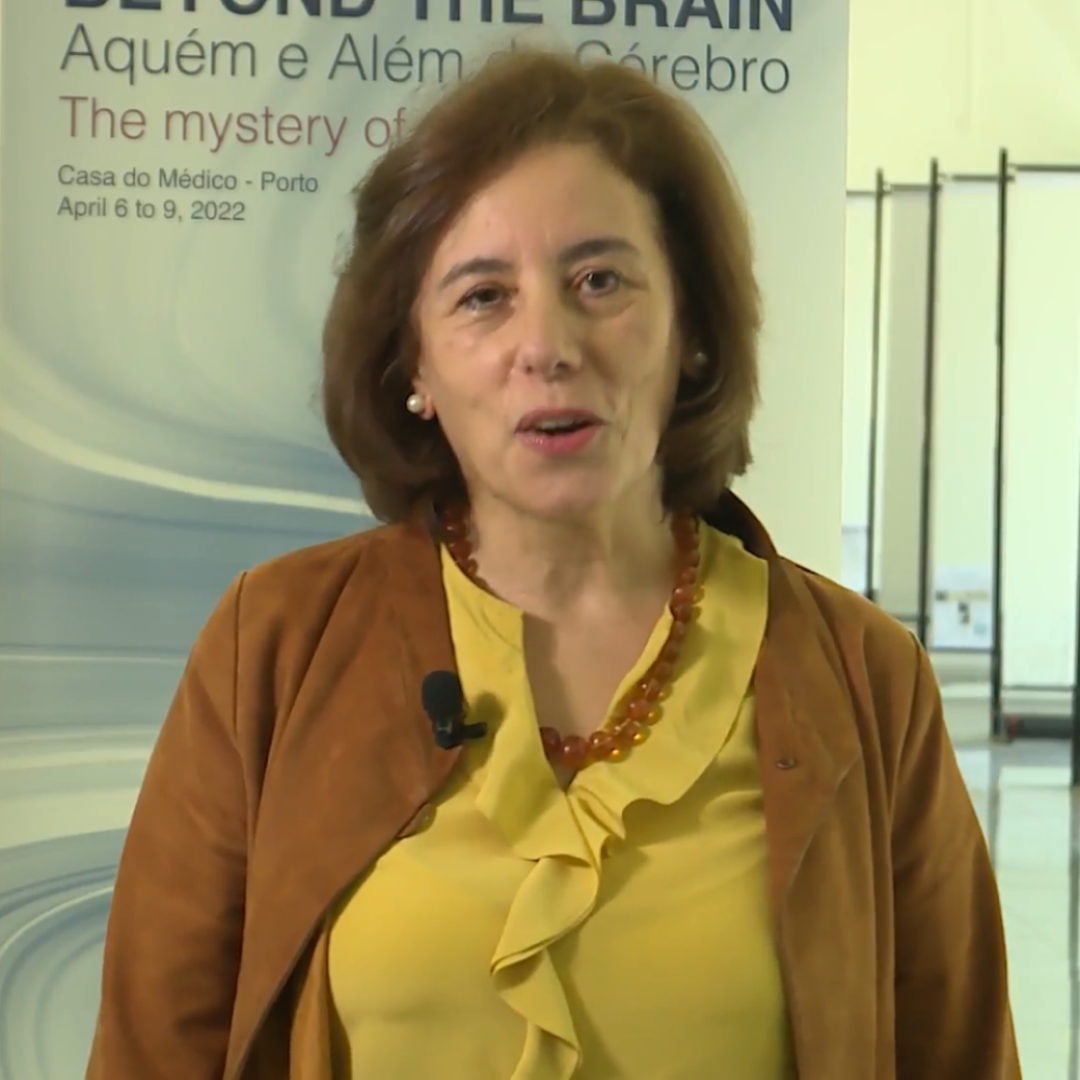

São Luís Castro
The impact of music training on reading and mathematical abilities of normal and reading disabled children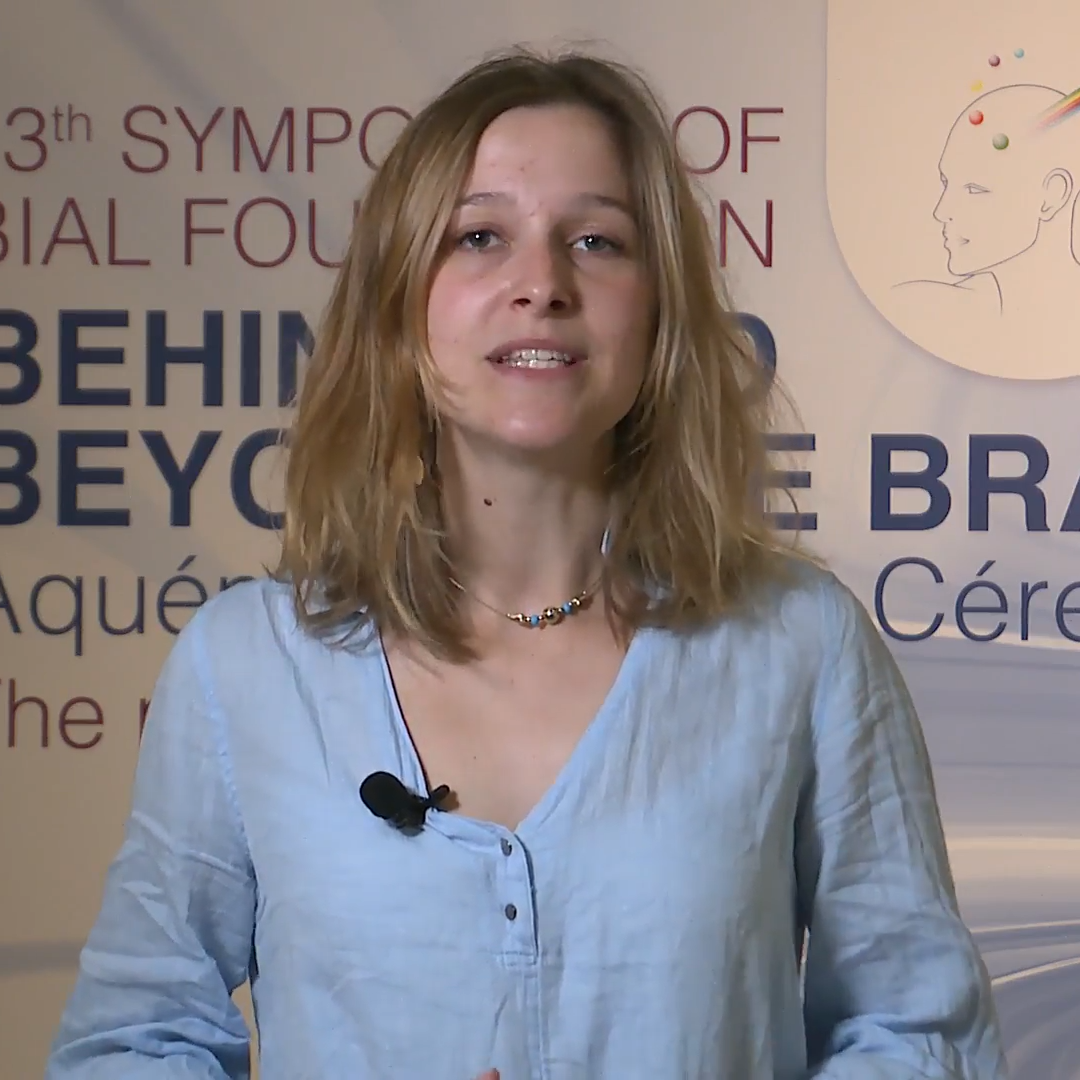

Nolween Marie
Phenomenological experience and neurophysiological correlates of shamanic trance in healthy individualsNumbers & Statistics
Throughout several editions, the Grants for Scientific Research of the BIAL Foundation have been increasingly recognized. In the first edition, in 1994, the BIAL Foundation received a total of 48 applications and supported 10 projects.
In the last edition, in 2024, 432 research projects involving 1252 researchers were received, out of which 80 projects were approved for funding. The graph shows the percentage of the approved projects according to the total number of applications received in each edition.
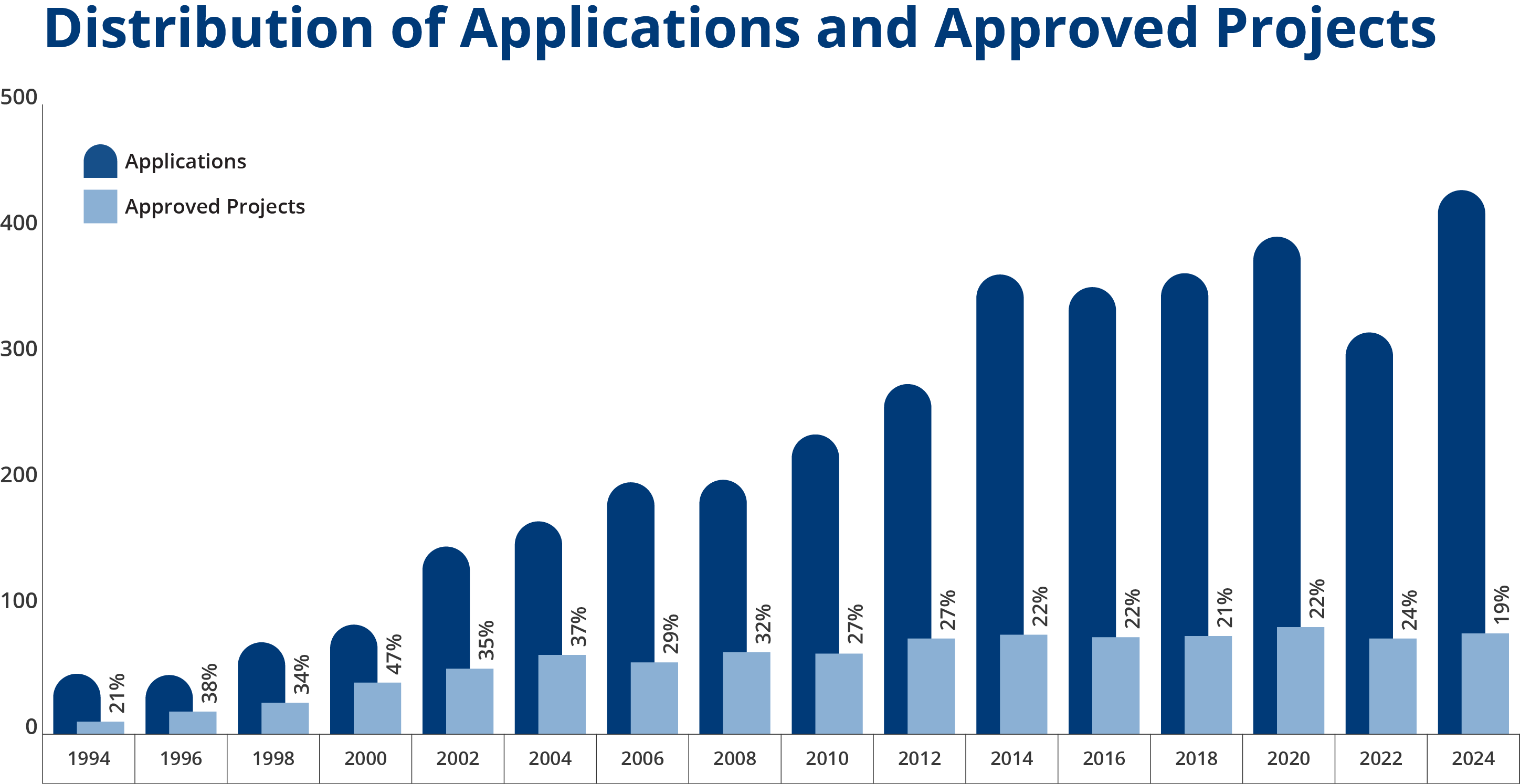
The approved projects are equivalent to 25% of total applications, and are divided in the fields of Psychophysiology (51%), Parapsychology (29%) and both (20%).
Reflecting the increasing awareness of the BIAL Foundation, supporting research in psychophysiology and parapsychology within the international scientific community, the most significant numbers of applications come from Portugal, UK, USA, and Italy.
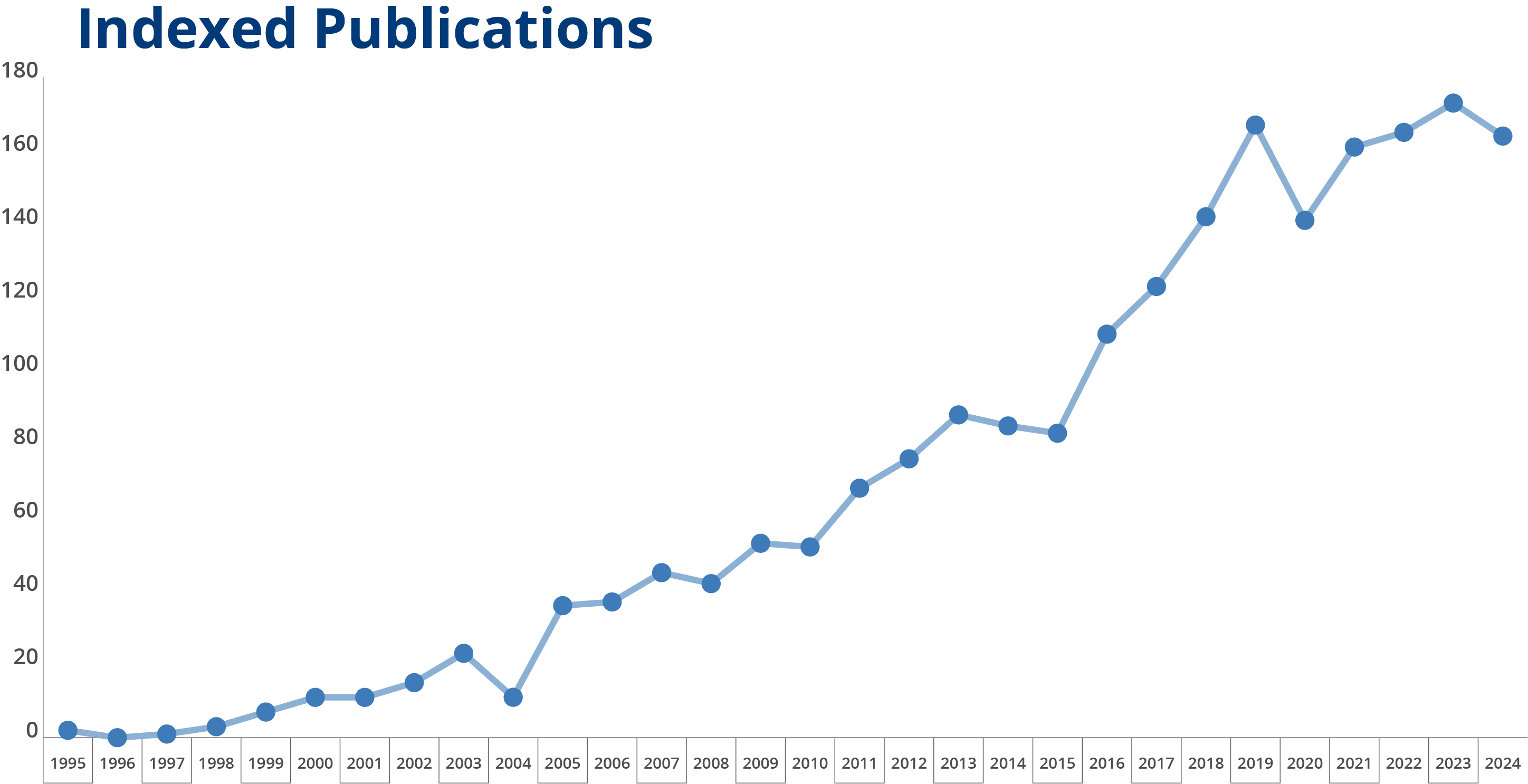
The research funded by the BIAL Foundation in the areas of Psychophysiology and Parapsychology from 1994 to February 2025 has resulted in the publication of 2141 articles in indexed journals (in Scopus or Web of Science), 1897 of which in journals with an average impact factor of 4.1 and 389 in journals with an impact factor greater than or equal to 5. Almost half of the articles were published in journals belonging to the first quartile (Q1) in their respective scientific field. By February 2025, there was a substantial number of citations (54.359), with 691 publications cited more than 20 times.
A study conducted by Marinho, Guedes and Sousa, presented at the 14th Symposium of the BIAL Foundation, held in Porto from April 3 to 6, 2024, gives an overview of the changes in the number of publications from 1994 to March 2024 and can be accessed at the following link. In addition, the Foundation provides an open online database that can be accessed by the scientific community and by the general public here.
Approved Projects

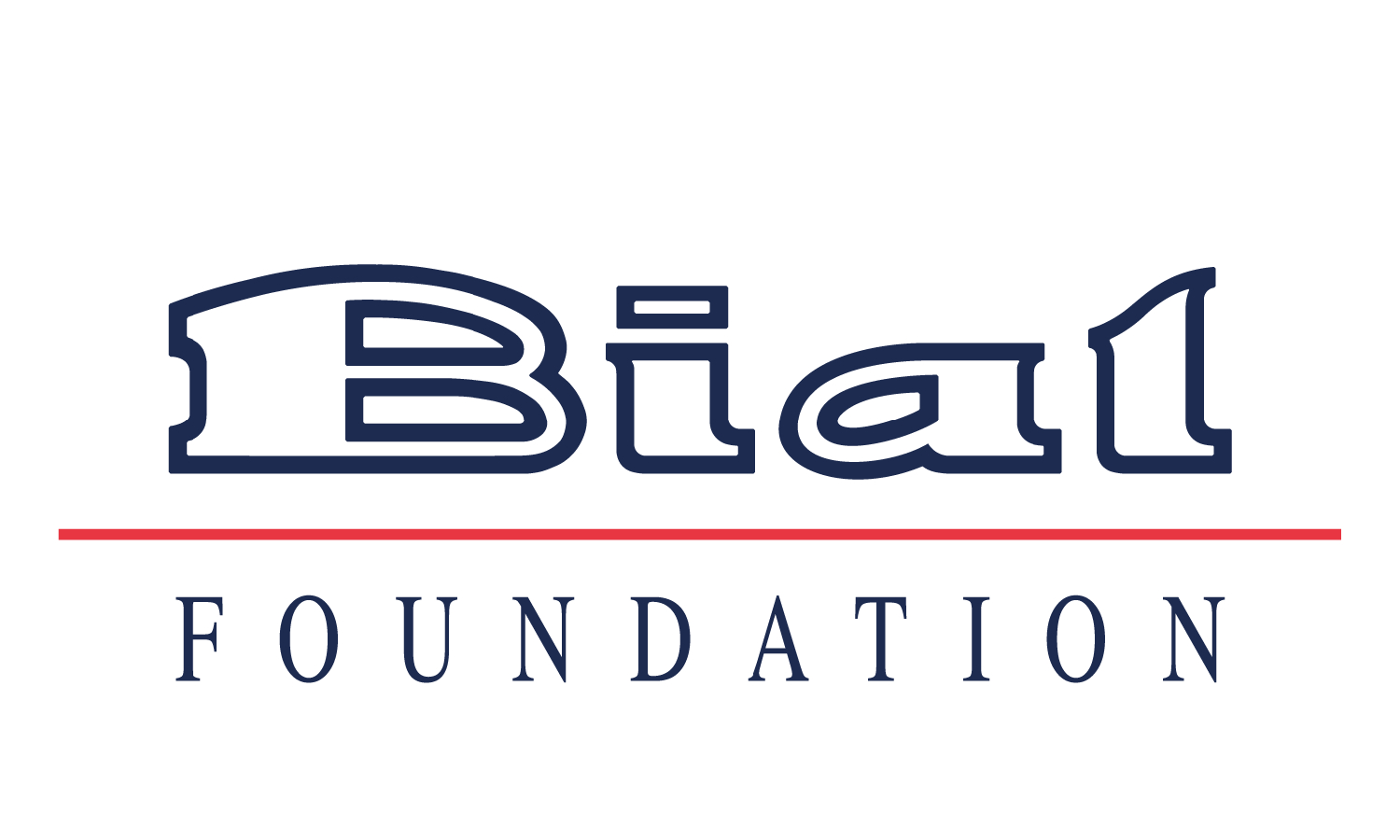
 Some of the Research Centres supported by BIAL Foundation
Some of the Research Centres supported by BIAL Foundation